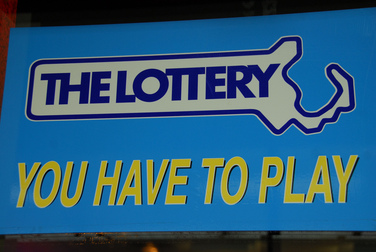
The last study in the compilation, one conducted this year at the University of Buffalo, found that the lowest fifth of people on the economic status scale had the “highest rate of lottery gambling (61 percent)
| | and the highest mean level of days gambled in the past year (26.1 days).” Young people, 30 and under, tend to play more than older people. Seventy percent of them play the lottery, compared with 45 percent of those 70 and older. A 2008 study in the Journal of Behavioral Decision Making looked at the reasons people willingly give up their hard-earned cash in exchange for odds that are just this side of hopeless. Low-income people aren’t stupid. They likely play out of a sense that they have the same chance of winning as everyone else, rich or poor. Life doesn’t often hand them a deal like that. Then again, it’s probably more accurate to say they have the same chance of losing as everyone else. A 2010 study in the Journal of Community Psychology found that neighborhoods with high concentrations of minorities tend to have the most lottery outlets, and those people tend to be most likely to develop gambling addictions. You can read the research yourself. When you do, it would be well to ask yourself why state and local governments think it is healthy to rely on money obtained this way. You might also ask why a nation that believes it’s best to tax rich people more would accept a tax that not only takes the most money from the poor, it also can cause other problems in their lives. I know the answer has something to do with that one tiny chance that a lottery ticket can pay off. But really, isn’t that the cruelest joke of all? |

 RSS Feed
RSS Feed

